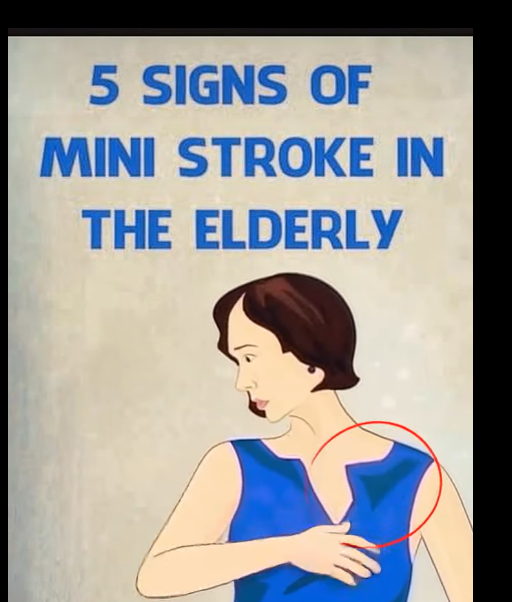Mini-strokes, also known as transient ischemic attacks (TIAs), happen when blood flow to the brain is briefly reduced, often due to a small clot or a narrowed artery. In older adults, they may be linked to conditions such as high blood pressure, diabetes, high cholesterol, or atherosclerosis. Other contributing factors include certain medications, a sedentary lifestyle, or habits like smoking.
Recognizing early warning signs is very important. Symptoms can appear suddenly and may include temporary weakness or tingling (often on one side of the body), changes in speech, confusion, dizziness, balance problems, blurred vision, or a sudden strong headache. These symptoms may fade within minutes or hours, but they should always be taken seriously.
If you think a loved one may be experiencing a TIA, it’s important to reach out for medical help right away. Even though symptoms often pass quickly, a TIA can be a sign of future health risks. Doctors may suggest medications to support circulation, as well as tests to better understand what caused the episode.
Long-term care focuses on prevention and healthy living. Staying active, maintaining a balanced diet, managing stress, and avoiding smoking or excess alcohol can all help reduce the chances of future problems. With timely care and supportive lifestyle changes, many older adults can enjoy stronger health and peace of mind.
